The Reality of Psychological Abuse and Trauma in Families
Psychological abuse and trauma in families are situations that are often overlooked but can cause serious harm to the victims. While physical abuse and sexual abuse are obvious, mental abuse can often be very difficult to detect unless you know the signs to look for. The effects of psychological trauma can be long-lasting and devastating, so it’s important to learn how to recognize signs of psychological abuse and trauma in your family members or loved ones. By educating yourself on the subject and knowing what you’re looking for, you can better help those struggling from psychological abuse and get them the help they need before things get worse.
What is Psychological Abuse?
Psychological abuse, also known as psychological violence, is a form of abuse characterized by a person subjecting or exposing another person to behavior that may result in psychological trauma, including anxiety, chronic depression, or post-traumatic stress disorder. It is often associated with situations of power imbalance, such as abusive relationships, bullying, and abuse within the family.
Psychological abuse can be perpetrated in a variety of ways, such as through verbal assault, humiliation, manipulation, threats of violence or harm, intimidation, and isolation. In some cases, the abuser may not recognize the damaging effects of their actions. In other cases, they may be aware of their behavior and use it to manipulate or control their victims.
The effects of psychological abuse are varied and far-reaching. Victims may experience feelings of low self-worth, guilt, fear, confusion, insecurity, and depression. They may also develop anxiety disorders, become withdrawn and isolated, or engage in destructive behavior.
Though psychological abuse is often seen as a less serious form of abuse than physical violence, its effects can be just as devastating and long-lasting. It is important for victims of psychological abuse to seek help from mental health professionals to address their experiences and help them heal from the trauma.
What are the warning signs?
Psychological abuse in families can be a scary reality. The signs of psychological abuse and trauma are often difficult to spot, as they may not be as obvious as physical abuse. It can take the form of gaslighting, manipulation, verbal assaults, shaming, or threats.
Psychological abuse and trauma can cause immense damage to family members, especially children, and it can leave lasting scars for years.
It is important to be aware of the warning signs of psychological abuse in families so that you can get help if needed.
Here are some common warning signs:
Constant name-calling
Criticizing, belittling, insulting
Using sarcasm with little or no context
Embarrassing an individual by publicly shaming them (for example calling them out in front of friends)
Exerting control over what they wear, who they talk to and where they go
Denying their basic needs (food, sleep, water)
Controlling all finances
Attempts at isolating someone from loved ones and blocking off any means of communication.
Warning Signs do not always have to be ongoing, but should be present on a regular basis. If you see these behaviors regularly happening within your home, it’s time to seek outside support for yourself and your family members.
How does it affect children?
The effects of psychological abuse on a child can be particularly damaging due to their limited ability to fully comprehend the dynamics of the relationship. The child may not realize the extent of the damage being done to them and may not even recognize the behavior as abuse.
As a result, the child may come to view the abuser’s behavior as normal and may feel trapped in the cycle of psychological abuse and trauma.
Children who experience psychological abuse often suffer from the following:
Low self-esteem
Anxiety
Depression
Difficulty forming trusting relationships with others
They may also struggle with feeling powerless or hopeless in their current situation and may turn to unhealthy coping mechanisms, such as drugs or alcohol, to escape the pain. In extreme cases, psychological abuse can lead to post-traumatic stress disorder (PTSD), suicidal thoughts, and self-harm.
If you are struggling with psychological abuse and trauma in your family, it is important to remember that you don’t have to face it alone. There are resources available to help you get through this difficult time. Seek help from professionals and trusted loved ones and take the steps necessary to keep yourself safe or give us a call today (203) 581-0053.
